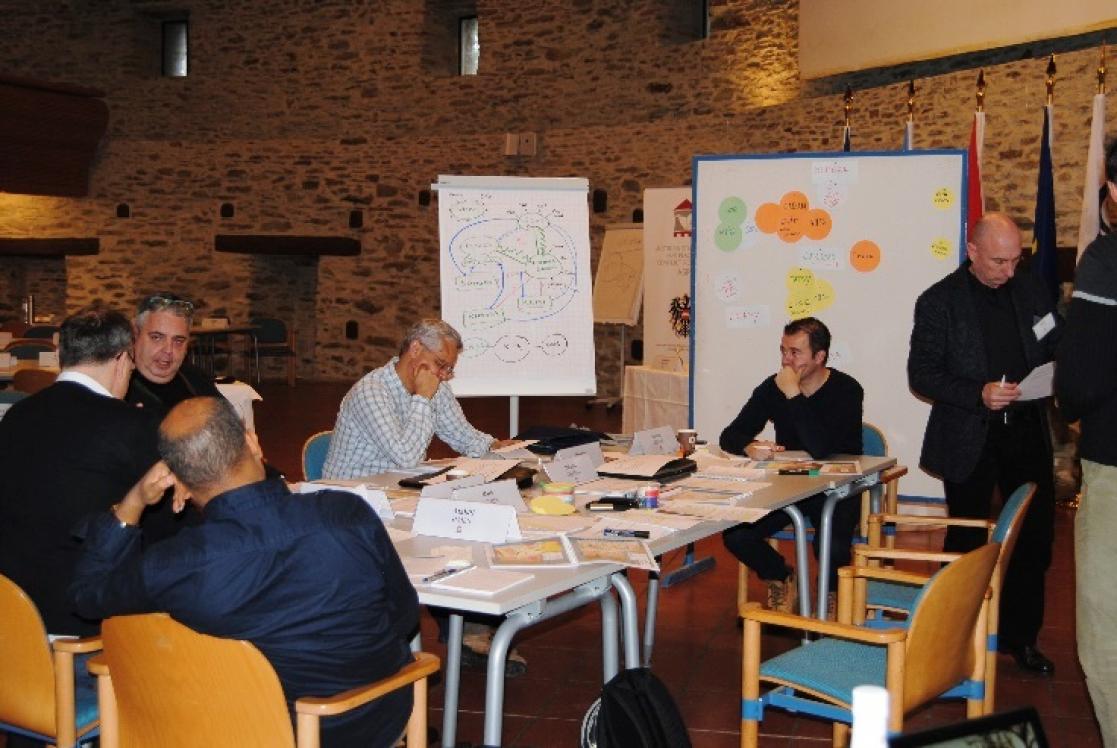Protection of civilians in armed conflict (POC) – a key task for peace operations

The training programme attracted civilian, police and military experts working with the EU, the UN, the Organisation for Security and Cooperation in Europe (OSCE), NATO or in relevant positions in their home countries, mostly EU Member States. The course requires participants to do a preparatory e-learning module; some of the learning units are specifically developed for POC.
During the residential phase, the programme explores the legal foundations for the protection of civilians and the policy frameworks of the EU, the UN and NATO in support of POC, and encourages the participants to work out the differences and similarities between those frameworks. Furthermore, it gives an insight into various actors' approaches to protection in the field and highlights the importance of integrated and comprehensive planning and implementation of joint operations in POC. Interactive learning methodologies such as group work, case studies and analytical exercises for risk and threat assessment provided ample opportunities for the participants to exchange ideas, debate and enhance their knowledge based on practical, hands-on experience from the field.

A team of skilled senior international trainers from various backgrounds, together with trainers from the Austrian Ministry of Defence and the ASPR, assisted the participants in their learning process. Participants' knowledge of the newly acquired topics was consolidated through a final exercise at the end of the course. The secluded and quiet setting of the ASPR in the snow-covered Schlaining Castle in the Austrian countryside again offered the ideal venue for concentrated learning during the day and intense networking during time-off.

The course will again be offered twice in the next academic year as one of many contributions by the Austrian Government to the further development of a common European security culture. Interested candidates can request further information materials and register to be notified as soon as the next application period opens by contacting Ms Susanne J. Brezina (brezina@aspr.ac.at) or Ms Claudia Hofer (hofer@aspr.ac.at).

